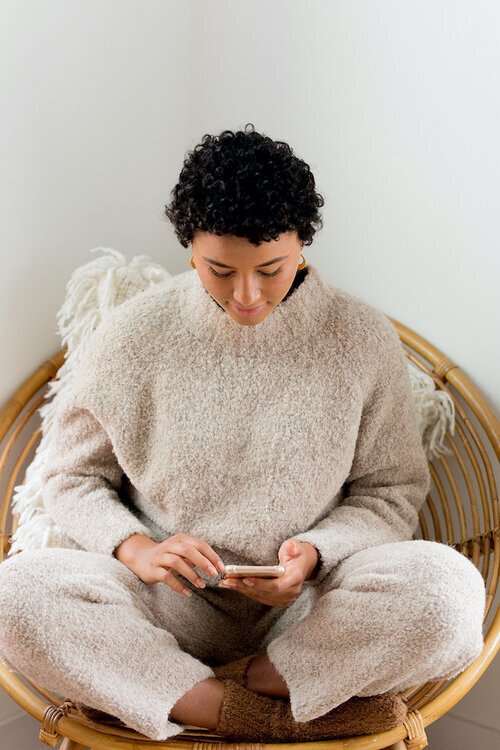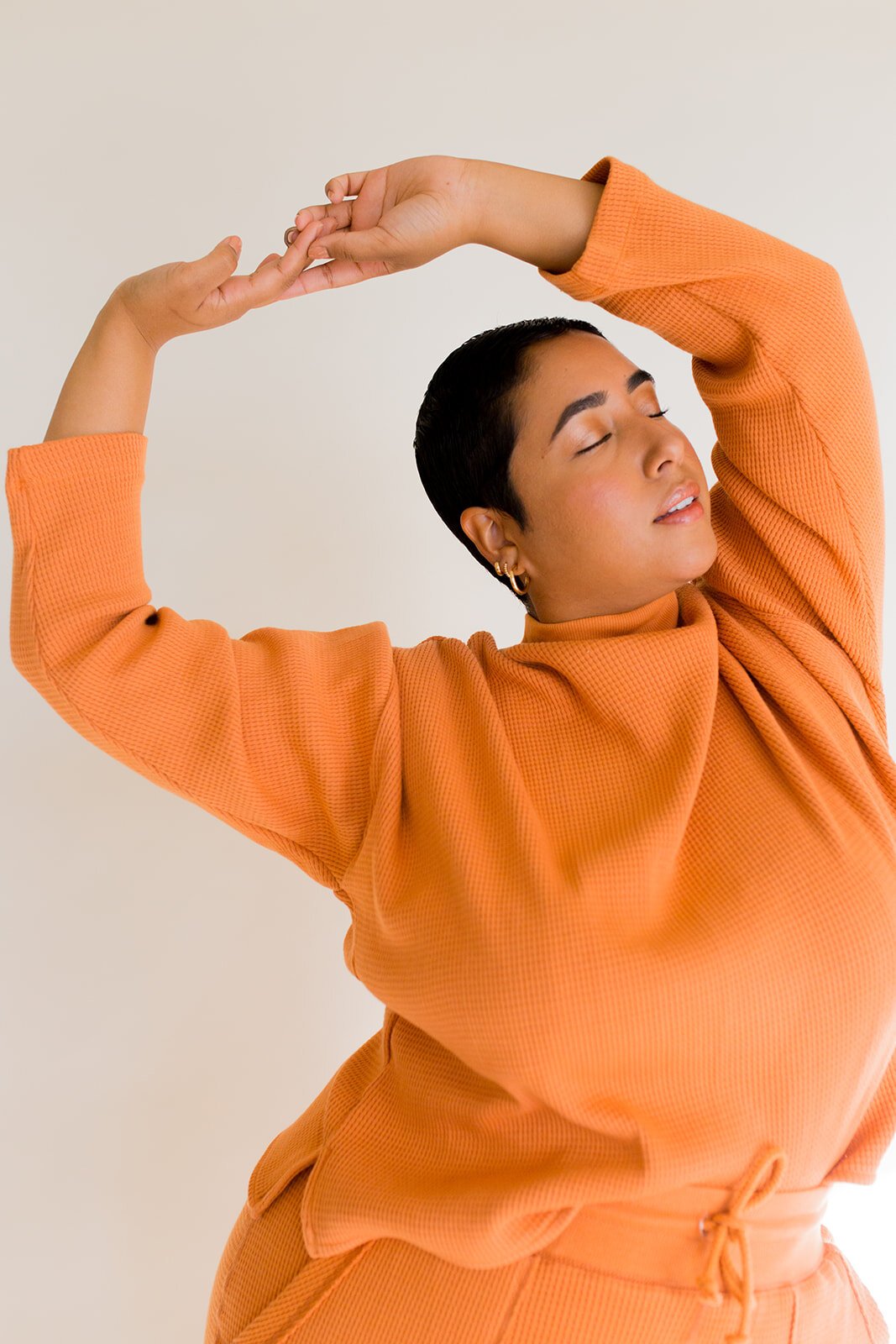
How To Ask For Help When You Don’t Feel Like You Can
It’s Okay To Ask For Help
Whether you have depression, anxiety, or are simply going through a rough patch, life is hard. Let me say that again, life is hard!
With so much happening in the world, it can feel difficult to get up in the morning, let alone reach out for help. However, the most powerful choice you can make is to reach out to a trusted friend or family member when life gets overwhelming. Everyone is different, so there’s no guarantee that someone will respond exactly how you want them to—but they just might. My mom used to tell me that “everyone has something.” You are never alone in your suffering, as long as you give your loved ones the opportunity to show you how much they care.
Here are three reminders to help you get the support you need.
1. Find Strength in Vulnerability
If you don’t know by now, asking for help is not a sign of weakness! Humans are built for connection and community, even though our current society makes us think otherwise. Being vulnerable and looking to others for support in no way rids you of your independence. Say it with me now: There is strength in vulnerability.
“Being vulnerable and looking to others for support in no way rids you of your independence… There is strength in vulnerability.”
Great, now that we’ve gotten that out of the way we can focus on another reason you might not be reaching out: assumption. You may assume that you’re alone in what you’re dealing with, and that no one else will understand. Maybe you assume you’ll be a “burden,” or maybe you’ve isolated yourself from loved ones and assume no one wants to listen. None of this is true—you have no idea how much your loved ones want to be there for you if only you let them.
When my depression kicks in, I often isolate myself out of fear that no one will get what I’m going through. If I don’t open up to others then there’s no chance of being disappointed or hurt, right? Wrong. By keeping all of my feelings inside, I am instead continuously hurting without any release. I’ve learned firsthand what disastrous lies our minds can tell us. It may feel impossible to lean on others when you’re deep in the well, but I guarantee you’ll be pleasantly surprised by how good it feels to have someone else hold your struggles with you. Give your loved ones the chance to care for you.
2. Know That No One is a Mind Reader
I can’t tell you how many fights my boyfriend and I have found ourselves in because I’ve felt misunderstood. After two and a half years of dating, we are far from done growing in our relationship, though I am now much better at identifying and asking for what I need. Everyone processes and copes differently, so others’ reactions will not always be what you’re looking for.
While I argued with my therapist for months about how my boyfriend should just magically “know” how to comfort me, I finally admitted that she was right. I like to process things out loud and when I’m upset, I want someone who will sit with me and validate my feelings in the moment. My boyfriend, on the other hand, likes to process more internally and move into problem-solving mode quickly. We’ve had to learn each other’s ways and set aside what we want for what the other person actually needs. Let people know specifically how they can be there for you.
“Real life isn’t romantic and serendipitous all the time; sometimes it’s practical and clunky.”
No matter how badly we want it, mind reading isn’t possible. Real life isn’t romantic and serendipitous all the time; sometimes it’s practical and clunky. If you’ve never done work like this, you may feel overwhelmed by having to pinpoint what kind of support you need. Let your loved ones know if you’re having a hard time figuring that out. Your process is, well, a process, and working through things with others can help you narrow down what kind of care is right for you.
Right now, my boyfriend and I are working through how I can best support him when he feels, what my therapist would call, “flooded.” He doesn’t have as much experience as me when it comes to self-analysis and can’t always tell what’s going on. He doesn’t have to know it all, but when he lets me know he feels off and needs patience processing, that is wildly helpful for me—a little goes a long way.
3. Ask for Accountability
My friend recently opened up about going through a rough period. She’s been overwhelmed by everything life has thrown at her and doesn’t know what to do. I admired her vulnerability, especially since she hasn’t always allowed herself to be that way. She then verbalized something that I’ve been struggling with myself: so much pressure is put on the one who is suffering.
“We can do all the work to be vulnerable and process with others, but we reach a limit at a certain point. ”
We can do all the work to be vulnerable and process with others, but we reach a limit at a certain point. Even though we may have wonderful friends who listen, nod, and say they’re there for us, that isn’t always enough. You may know there are wonderful people in your life, but sometimes you need to feel it. Let your loved ones know that you would like them to check in with you every so often.
I’ve asked many of my friends to continue to invite me to events even though I say no about 80% of the time. It’s undoubtedly a hassle; however, those who are truly there for me continue to reach out because there is that 20% of the time when a night out is just what I need. This means when you ask for others to hold you accountable, you also have to be specific about how much leeway you want. I still want my friends to reach out, but it’s imperative that they give me room to say no. You might change your mind about what level of support you want as time goes on, and that’s okay, too. The right friends will understand that you are a person, constantly evolving along with the rest of us.
Asking for help can seem scary, difficult, and tiring, but so worth it. You don’t have to carry the burdens of life on your own. I encourage you to open up to your loved ones who are, without a doubt, waiting with open arms.
Audrey Stanton was born and raised in the Bay Area and is currently based in Los Angeles. She works as a freelance writer and content creator with a focus in sustainable fashion. Audrey is deeply passionate about conscious living and hopes to continue to spread awareness of ethical consumption.




